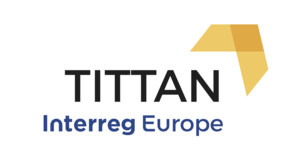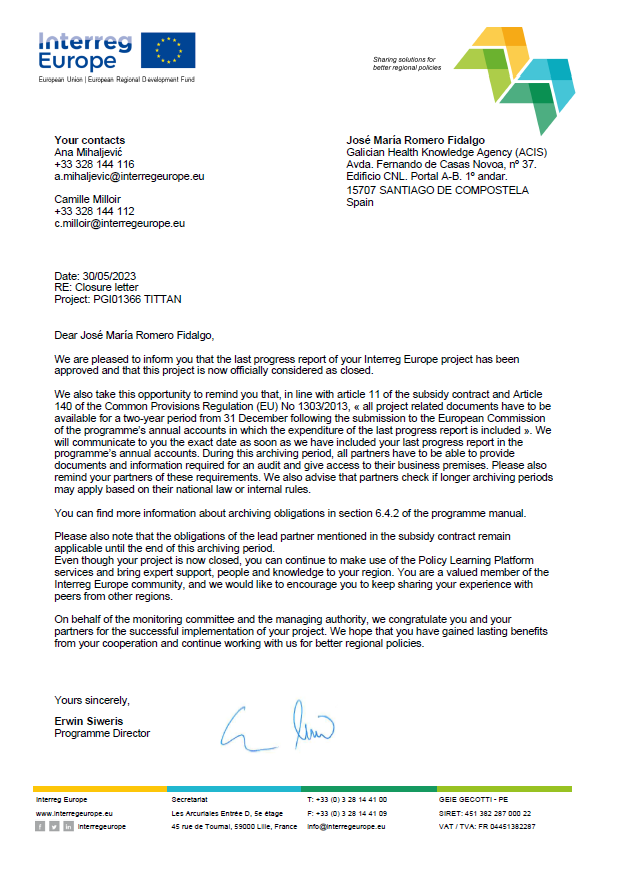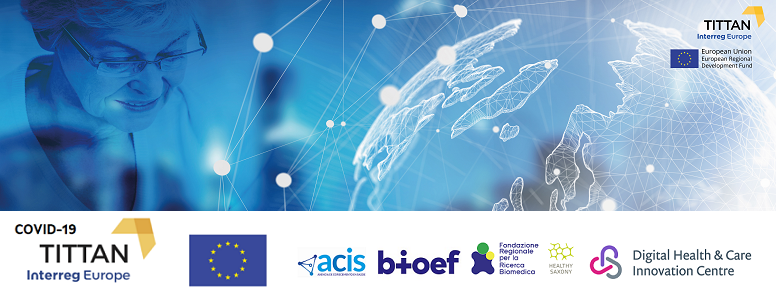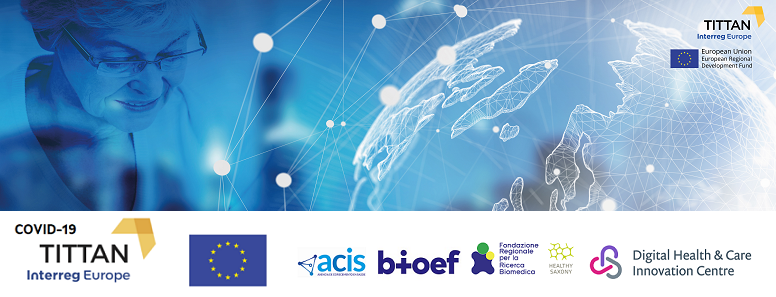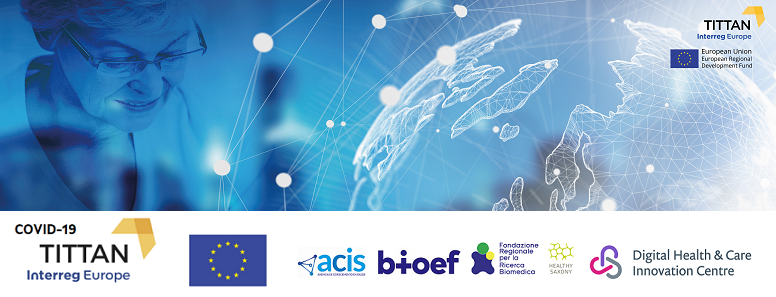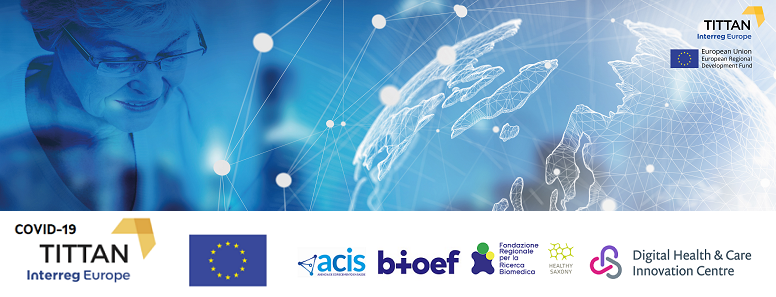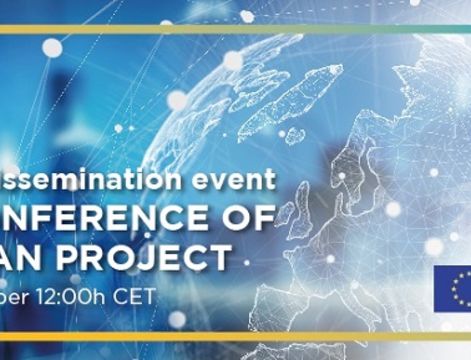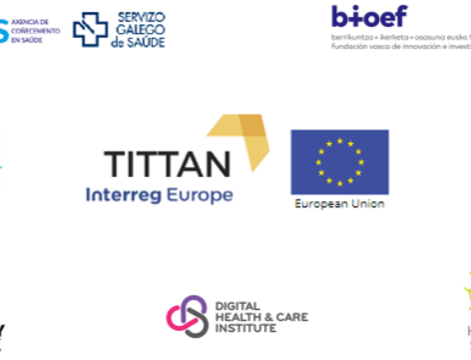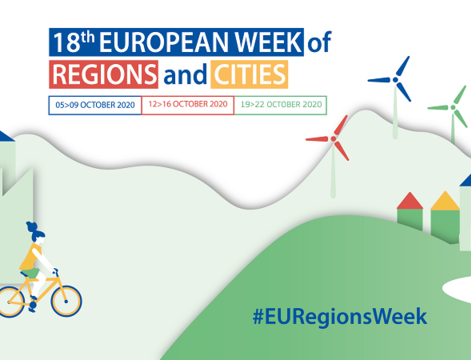TITTAN Project has celebrated its first year looking for the improvement of the quality of health systems through innovative products and services in the field of active and healthy ageing with the exchange and implementation of good practices among different European regions.
TiTTAN (Translation Innovation & Technology Transfer in Aging Network) was one of the 64 projects selected in 2016 (out of a total of 261 submitted and attended by 2,158 European organizations) in the framework of the competitive call for the Interreg Europe program for the improvement of the development and innovation policies of the european regions.
Under the leadership of Galician Health Knowledge Agency (ACIS), other leading organizations in Europe participate in this initiative, such as Basque Foundation for Health Innovation and Research (BIOEF); Fondazione Regionale per la Ricerca Biomedica (FRRB, Lombardy); Healthy Saxony (HS, Saxony); Digital Health & Care Institute (DHI, Scotland); Lower Silesian Voivodeship Marshal Office (LSVMO, Lower Silesia); and the City of Almere, in the Netherlands.
TITTAN Project, which started in April 2016 and whose kick-off meeting took place in Amsterdam last May, has already provided the identification and exchange, among the participating regions, of 60 good innovative practices within three areas of action established in the project:
1) Innovation from the outside facing health systems (“OUTSIDE-IN Innovation”).
2) Innovation from health systems facing the outside (“IN-OUSIDE Innovation”).
3) impulse for an active citizenship.
To develop this exchange of innovative experiences, two interregional workshops took place during this year. First of them, in Santiago de Compostela last September, where the “OUTSIDE-IN Innovation” action group was launched. And the second one, recently in Milan, in March, starting work of “INSIDE-OUT Innovation” line of action. Besides, with the aim of deeping into the selected good practices defined in the first thematic area, partners of the project could look them up on the field, through in situ visits organized in Galicia, Basque Country, Scotland and Lombardy last January and February.
Next months, in the third semester of the project, works of the second group of action, related to the empowerment of the transfer of technologies from the health systems towards the outside, will continue with new in situ visits and the performing the third interregional workshop in the City of Almere from 29 to 31 of May.
All this exchange of knowledge among the different European regions involved, should culminate in a second phase of the project in which each partner will develop a plan to implement those innovative good practices, that have been evaluated as the best candidates to be incorporated into their system.
